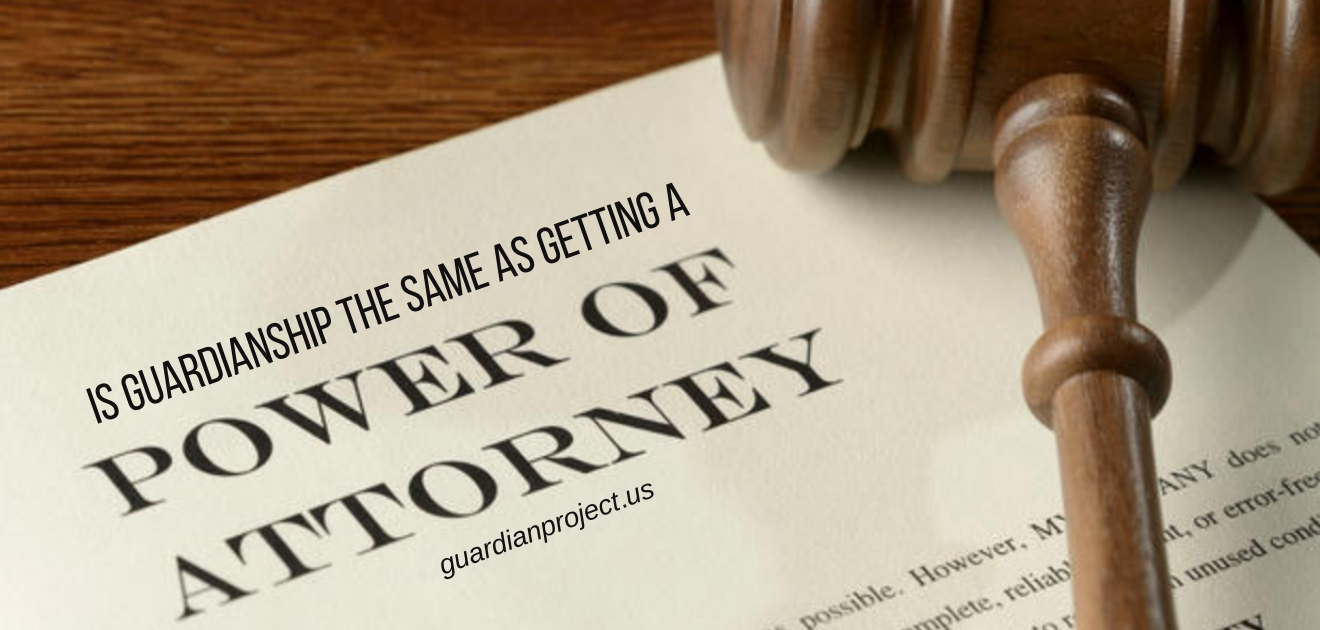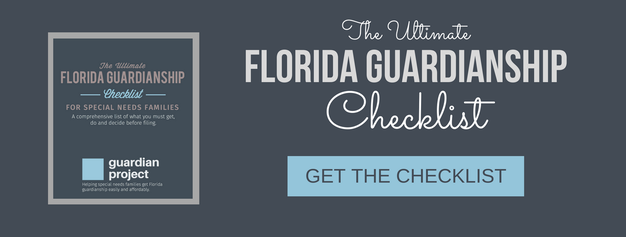Why parents who choose to side-step guardianship with a less expensive power-of-attorney could find themselves in a heap-load of trouble.
When a child with a disability turns 18, by law, that child’s parents can no longer make material life decisions for that child like, what medical treatment to get, or where to live, or who they can have a relationship with, or how to manage their money.
For children with intellectual or developmental disabilities who will continue to require some help in these areas, parents will a legal “work-around” to continue to help their children.
The easiest and least expensive option guardianship alternative is to have the child grant a “power-of-attorney” to mom, dad or both. A form can be found online for free, find two witnesses and pay a few dollars for a notary and it’s done.
It’s way quicker, and thousands less expensive than hiring a lawyer to get guardianship.
But not so fast Mom & Dad. There may be unforeseen problems with this approach that could land you in a heap load of trouble. Like your child getting denied critical medical care kinds of trouble.
A power-of-attorney is not the same as getting guardianship
A frequently asked question we get is: Is guardianship the same as getting a power-of-attorney. The answer is, simply, no.
A guardian is appointed by a judge, who removes your child’s rights to make certain decisions and gives that right to the guardian. It’s a serious legal proceeding that takes several months and will require your child (and possibly you) to hire an attorney.
But guardianship is the best way to ensure that you can continue to help your child with major life decisions after their 18th birthday.
What is a Power-of-Attorney?
A power-of-attorney is legal instrument that your child would sign that gives you (or someone else) the right to serve as his or her “agent”, which is also called an “attorney in fact”. The instrument gives the agent the legal authority to make decisions on behalf of the grantor, including legal, financial or health related.
Often, a power of attorney is said to be “durable”, which means that it is intended to continue even if the person granting it becomes incapacitated.
What are the benefits of a Power-of-Attorney?
Once given, you can make just about any decision on behalf of your child without their prior consent. And as discussed before, you can get it done without a lawyer, for pennies, and often in just a few minutes.
Another good thing about a power-of-attorney is that, unlike guardianship, it does not revoke any of the grantor’s right to make decisions on their own. Further, the power-of-attorney is revocable by the grantor at any time.
A power-of-attorney given by a person with an Intellectual Disability is likely void on its face
Your child must have the capacity to fully understand the nature of the authority that they are giving by granting power-of-attorney to someone else.
This means, at the time of signing, your child must have the mental capacity to understand what they are signing, the effect of a power of attorney, to whom rights are being granted, what property may be affected and how. This is a high threshold, especially for a child with an intellectual or developmental disability.
Think of it this way, if a child is “competent” enough to grant a power-of-attorney, then it would not be needed in the first place (for the purposes of continuing to make parental decisions).
Therefor, a power-of-attorney cannot be used to help a child with a developmental disability who struggles with some decision making. Arguably, that child would not have the competency to enter into the power-of-attorney, rendering it void on its face.
Where parents get into trouble is where a parents attempts to get their child medical treatment, and the doctors know the medical background of your child and whether or not they have the capacity to grant a power-of-attorney. Fearing risk of malpractice, they may simply deny treatment.
What are some of the other risks of using a Power-of Attorney?
The power-of-attorney is revocable at any time. Yes, this is a benefit, but in the case of a parent who wants to help their child with healthcare and financial decisions permanently, there’s no guarantee the child won’t revoke the power-of-attorney (on their own or under the influence of someone else). Once revoked, your right to make decisions for your child would end instantly.
Remember how easy it was to have your child grant you power-of-attorney, well it’s that easy for your child to grant power-of-attorney to someone else. And that person may not have your child’s best interest in mind, or may influence your child’s decision to revoke your power-of-attorney.
While a power-of-attorney gives you the authority to make decisions on behalf of your child, unlike guardianship which removes certain of your child’s rights, it does not preclude or prevent your child from making financial or healthcare decisions on their own, and without your input. This may include lending money to others, co-signing on credit cards, entering into leases or taking out loans for themselves or someone else.
Conclusion
While a power-of-attorney may sound like a tempting and more cost effective than guardianship, in most cases, if you have a child with an intellectual or developmental disability who needs extra help with major life decisions, it’s not a solution that you should rely on, unless you fully understand and accept the risk it creates.

